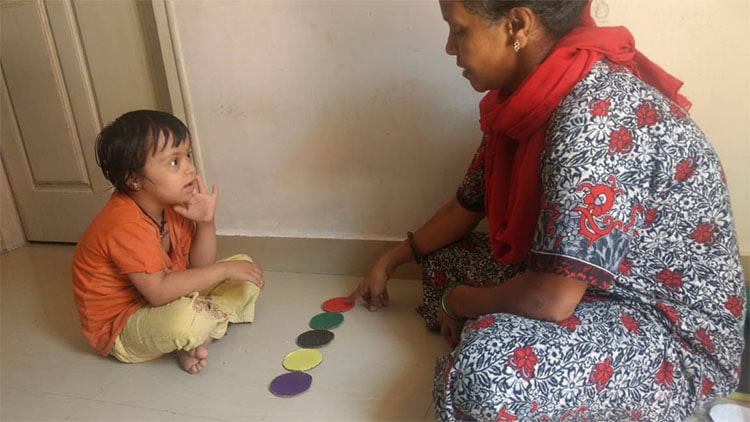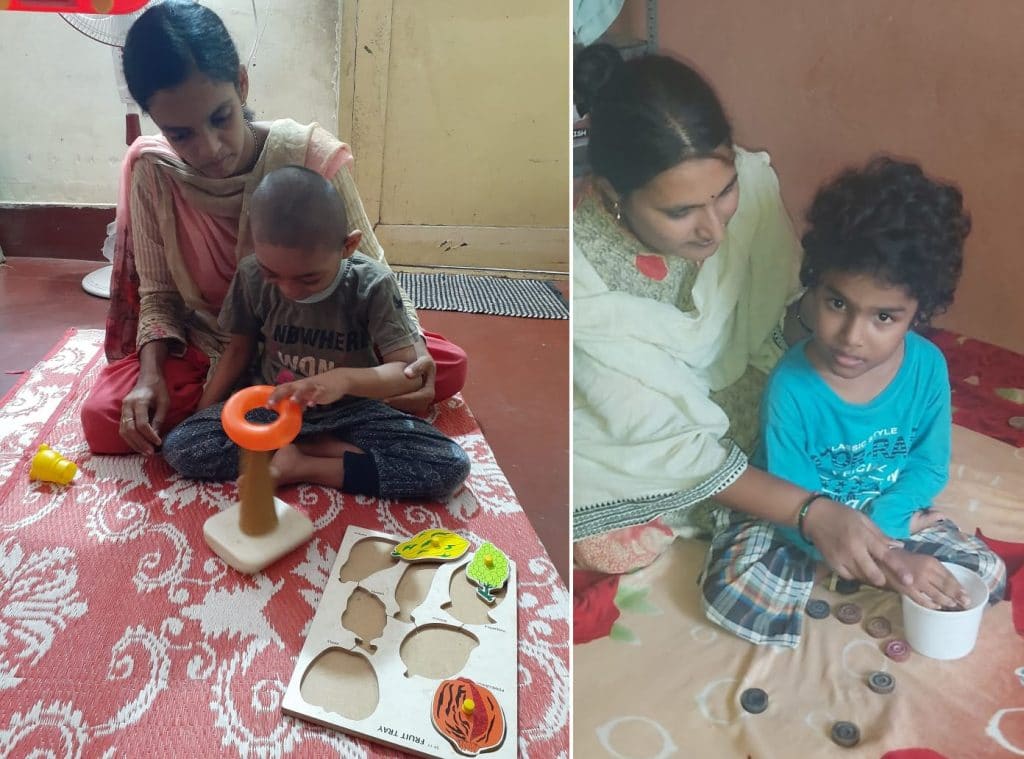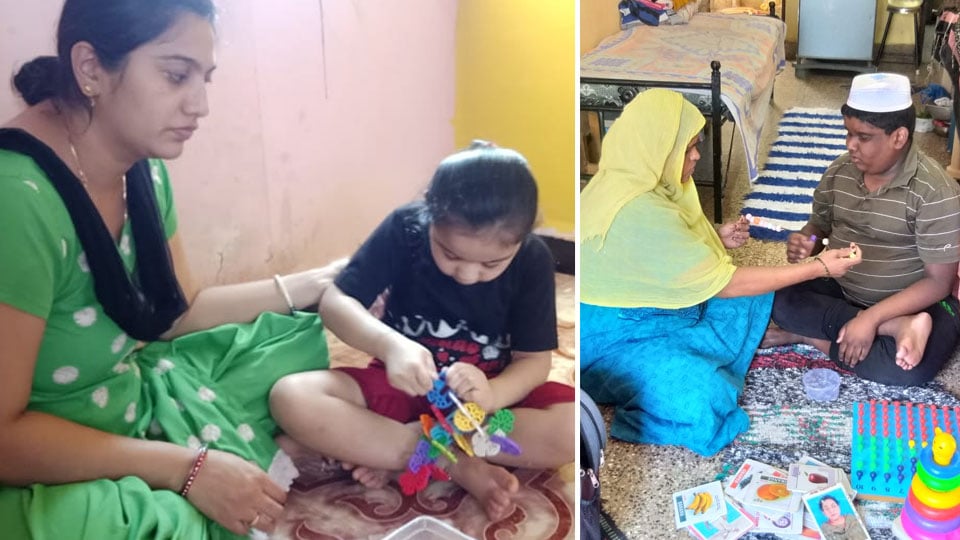By Irfana Husen, Audiologist and Speech Language Therapist, District Disability Rehabilitation Centre, Mysuru
Communication disorder is any disorder that affects an individual’s ability to comprehend, detect or apply language and speech to engage in discourse effectively with others. The delays and disorders can range from simple sound substitution to the inability to understand or use one’s native language.
Parents positively impact their child’s communication development. Both verbal and non-verbal communication (understanding, vocabulary and frequency of communication). Parents are just as effective at helping their child as Speech Language Pathologists (SLPs) in delivering their speech therapy and in some cases even more effective.
It has been an accepted fact that speech therapy follows script. As the SLPs have education, training and experience to implement the proven strategies and techniques to improve the child’s communication, parents would be given the option to observe the speech therapy session and then given homework to do with the child to reinforce what was covered in the session.
However, of late, the roles of parents and the SLPs are beginning to change. Parents are moving from a more passive into a more active role. They are no longer merely observers and reinforcers. They have become an integral part of speech therapy itself.

REASONS FOR THE SHIFT IN SPEECH THERAPY ROLES
• Children learn the best to communicate when involved in everyday activities with parents, the most important people in their lives.
• Children have many more opportunities to interact with parents than with a therapist.
• Children learn best from parents, their natural teachers and those who know them best.

BENEFITS OF PARENTS’ NEW ROLE
• Speech therapy reaches into every part of the child’s day.
• Instead of being an obligation, the therapy is motivating and fun.
• The therapy is integrated into play and daily activities that are familiar and meaningful — such as meal time, bath time and bed time.
When considering speech therapy at home it’s important for parents to create activities that provide stimulation and create opportunities to foster developing language skills.

TIPS FOR SPEECH THERAPY AT HOME
ENCOURAGE CONVERSATION: Have regular story-telling sessions with your child. Explain the things you do. For example, when you cut vegetables. Improve the child’s vocabulary of vegetables by showing real veggies and making the child feel it, which makes the understanding even better. Explain the daily activities and repeat the concepts of morning, night, sleeping, waking up, brushing, bathing, eating, etc.
MAKE IT FUN: Children learn best when the experience is fun and interactive. The child will not respond well if he or she feels like the activities are a home-work. Instead, make each session of speech therapy something the child will look forward to and will want to actively participate.
Get your child’s attention before you talk. Reinforce the child when he or she tells you something, show that you understand his or her words, keep helping your child learn new words. Say a new word and tell him or her what it means or use it in a way that helps him or her understand. For example, you can use the word vehicle instead of car. You can say “I think I will drive the vehicle to the park.”
These are only a few tips and tricks where parents can use but more innovative and new activities can be implemented depending on the child’s ability.








Speech Therapy For Communication Disorders During Lockdown
Good Article Most of parents suffer due to ADHD , Major problem is Speech sadly good number are suffering due to this Autism , ADHD
if they can manage speech most of Hurdles will be overcomed, Lots of Institution are stressing for speech Therapy
Please provide details so that it can Benefit the Parents
Positive Article in SOM ….